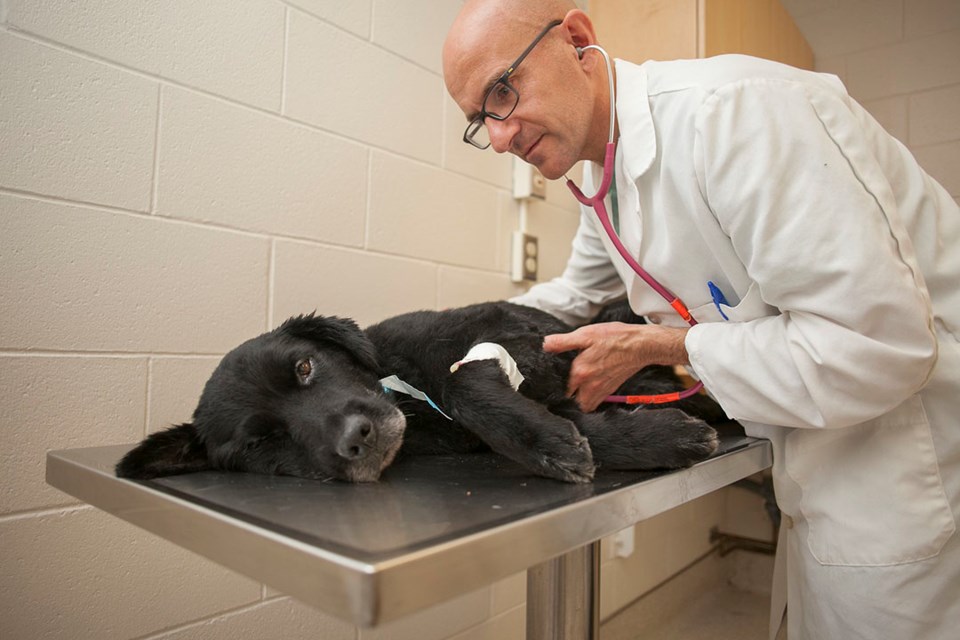SASKATOON – A veterinary researcher at the University of Saskatchewan (USask) is leading a Canadian surveillance study that looks at the connection of zoonotic diseases and recently imported dogs — the first study of its kind in Western Canada.
“In the last five or six years, there’s been quite an interest from both the Public Health Agency and the Canadian Food Inspection Agency (CFIA) to look at the issue of importing dogs into Canada,” said study lead Dr. Tasha Epp (DVM, PhD), a professor of zoonotic diseases in the Western College of Veterinary Medicine (WCVM) at USask.
She said zoonotic diseases can be transmitted between animals and humans. Scientists estimate that 60 per cent of known infectious diseases and up to three-quarters of new or emerging infectious diseases are zoonotic in origin.
In September 2022, the prohibiting the entry of commercial dogs from countries at high risk for rabies into Canada. The federal agency made the decision after consulting with public health authorities and determining that the risk to human health was significant enough to warrant the ban. The United States implemented a similar measure in 2021.
Researchers recognize that imported dogs can bring disease into Canada, but the risks associated with these illnesses are still unknown, said Epp. As well, scientists are still learning what specific diseases can be carried by imported dogs into Canada.
“There are lots of countries around the world in which they have diseases that we don’t have in Canada in our dog population,” said Epp.
She added that other countries may also have different strains of existing diseases to which Canada’s dog population have never been exposed.
Epp said her team is looking to connect with pet owners or canine rescue organizations that have recently imported dogs into Canada or plan to bring animals into the country. The study is open to western Canadians who have had an imported dog arrive within the previous month. Eligible dogs can come from personal imports or rescue groups that are arranging dog imports. Epp stresses that the study is voluntary and participation in the project doesn’t affect the entry status of any imported dogs.
The project covers all costs associated with disease testing and provides up to $120 per pet toward a required health assessment that can be done by the owner’s regular veterinarian.
Completing the medical examination and collecting blood and fecal samples within the 30-day window after a dog’s entry to Canada is critical to the study’s value, said Epp. If the evaluation isn’t done in this time frame, the researchers run the risk of not being able to associate test results with health issues derived from the animal’s country of origin.
“When we get the [test] results, we can link it back to them [the dogs] being imported and not what they’ve had while present here in Canada,” said Epp, who hopes to include at least 120 dogs in the project.
Email [email protected] for more information about this study.
— Submitted by USask Media Relations




